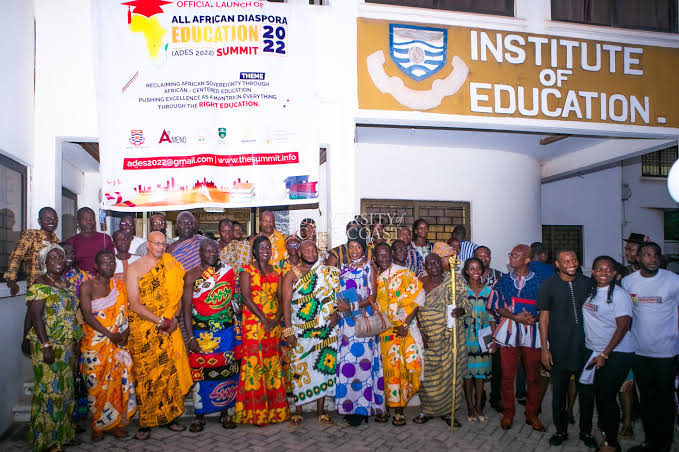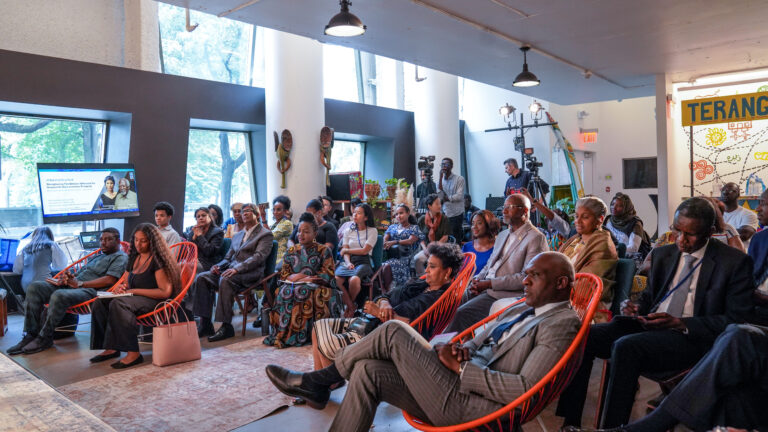The African diaspora is a vibrant and expansive global community, encompassing individuals of African descent who have dispersed across the world due to historical events, such as the transatlantic slave trade, colonization, and voluntary migration. This diverse and multifaceted diaspora has cultivated a powerful network that transcends borders, enriching the lives of its members and contributing to global culture and society. In this article, we delve deep into the significance of community building within the African diaspora, exploring how it fosters unity, resilience, cultural preservation, economic empowerment, and political engagement. Whether you’re part of this dynamic network or seeking to understand its intricate dynamics, join us on a journey of exploration and discovery.

**1. The African Diaspora: A Global Tapestry of Diversity**
The African diaspora is a remarkable global phenomenon, with roots that span centuries and continents. It comprises a wide spectrum of communities, each with its unique history, culture, and experiences. From the African continent to the Americas, Europe, Asia, and beyond, this diaspora’s geographical diversity showcases the adaptability, strength, and enduring spirit of its members.
**2. Cultural Heritage Preservation**
One of the paramount roles of diaspora communities is the preservation and celebration of their rich cultural heritage. Through cultural festivals, music, dance, language, literature, and art, these communities keep their traditions alive. For instance, Afro-Caribbean communities in the Americas maintain strong ties to their African roots through vibrant cultural expressions like Carnival, which blends African and Caribbean influences.
**3. Resilience in the Face of Adversity**
The history of the African diaspora is marked by the remarkable resilience of its members. From the brutalities of slavery and the injustices of segregation to the civil rights movements of the 20th century, diaspora communities have consistently demonstrated unwavering determination and resilience. Today, this resilience continues to drive efforts to combat systemic racism, inequality, and social injustice.
**4. Empowerment Through Education**
Education stands as a potent tool for empowerment within diaspora communities. Many individuals and organizations actively support community-based educational programs, scholarships for disadvantaged youth, and mentorship initiatives. These efforts are pivotal in uplifting future generations, ensuring they have access to quality education and opportunities for growth.

**5. Economic Empowerment and Entrepreneurship**
Economic empowerment is a critical aspect of community building within the diaspora. Many individuals have ventured into entrepreneurship, creating successful businesses across various industries. These ventures not only contribute to local and global economies but also serve as sources of inspiration and mentorship for others aspiring to follow suit.
**6. Healthcare Initiatives and Access**
Access to quality healthcare remains a concern in many diaspora communities, particularly in underprivileged areas. To address this, organizations and individuals often spearhead healthcare initiatives, providing medical resources, awareness campaigns, and support where it is needed most. These efforts exemplify the diaspora’s commitment to the well-being of its members.
**7. Political Engagement and Advocacy**
Political engagement plays a pivotal role in effecting change within diaspora communities. Many individuals actively participate in local and national politics, advocating for policies that address the unique needs and challenges faced by their communities. Grassroots organizations and advocacy groups are instrumental in shaping political agendas and fostering social justice.
**8. Cultural Exchange and Collaboration Across Continents**
Cultural exchange between diaspora communities and their countries of origin fosters a profound sense of connection. Initiatives like exchange programs, artistic collaborations, educational partnerships, and transcontinental dialogues create bridges across continents, enabling individuals to learn from one another, celebrate their shared heritage, and strengthen bonds.
**9. Online Communities and Digital Connectivity**
In the digital age, online communities and social media platforms serve as essential tools for connecting the diaspora. These digital spaces facilitate networking, information sharing, and advocacy on a global scale. Popular platforms such as Twitter, Instagram, Facebook, and diaspora-specific online forums are hubs for discussions, mobilization, and awareness-raising.
**10. Future Directions: A United and Empowered Diaspora**
As the African diaspora continues to evolve, its influence on global culture, politics, economics, and society is undeniable. The future holds the promise of even stronger connections, increased collaboration, and a united front in addressing shared challenges such as systemic racism, inequality, social justice issues, and healthcare disparities. The diaspora’s enduring legacy is a testament to the power of unity, resilience, and collective action.

Community building within the African diaspora is a dynamic and transformative force that transcends geographical boundaries. It encompasses cultural preservation, empowerment, resilience, economic growth, political advocacy, and a commitment to shaping a brighter future. By nurturing a powerful and connected network, the African diaspora underscores the strength that lies in unity, collaboration, and shared experiences. As we celebrate the achievements and contributions of diaspora communities, we also look forward to a future where this global network continues to thrive, making a lasting and positive impact on the world while exemplifying the power of unity.

